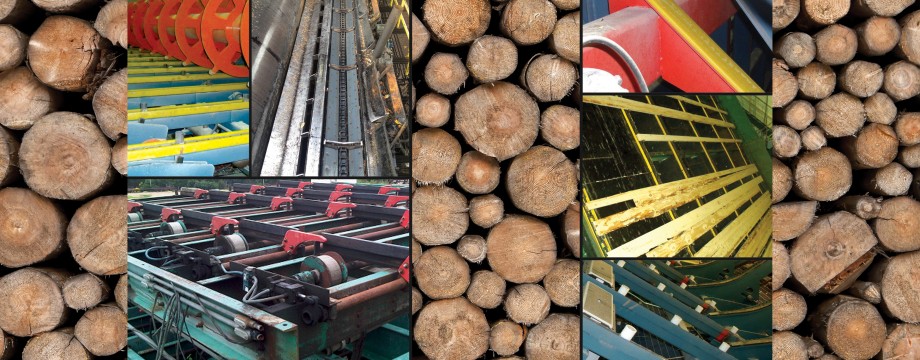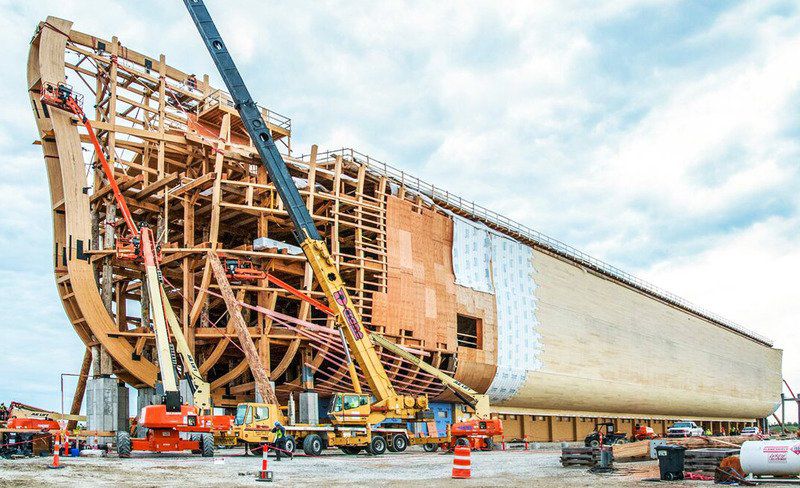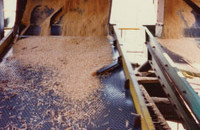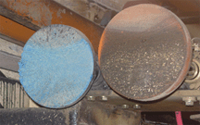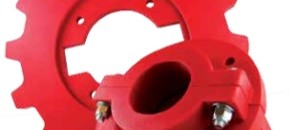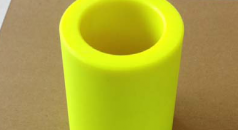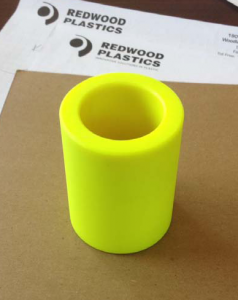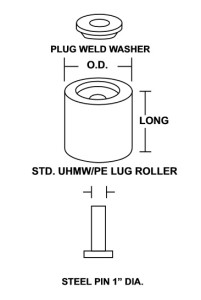With every substantial investment people want to know “how does this benefit me?” and sawmill technology is the same. The Shark Fin Board Turning system has over 20 years of excellent performance in sawmills all over the world – from Canada, to Russia, to Brazil, to Australia, and throughout the USA. But why does a simple system of board flipping stars and shark-shaped pusher lugs keep getting installed in new mills? In the days of automatic grading, why is the Shark Fin still competitive? Here are just a few of the reasons sawmill managers keep the Shark Fins going:
1.) Simplicity – in this era of high-tech, when something breaks you probably need technical help to fix it. High-tech equipment also tends to use a lot of power. Shark Fin harnesses gravity alone: it doesn’t require any additional electricity to run. Parts are simple, and each machine is quoted as a rule with a spare parts kit. Redwood Plastics can supply any replacement parts needed.
2.) Stable Pricing – Worried about changes in cost? Worried that replacement parts you’ve purchased years ago may have increased sharply in price? The Shark Fin system due to manufacturing efficiencies has not raised in price in 15 years. How many other sawmill parts or equipment components can you say that about?
3.) Proven Track Record – Shark Fin, with only minor alterations, has been used since the mid 1990s and the system follows the rule “if it ain’t broke, don’t fix it.” In this era of high-tech solutions how long has your grading system been on the market?
4.) Cost-effective – With simplicity comes less cost. Did you know the average Shark Fin system costs around $30,000? And that’s for 2-3 graders. Newer electronic systems can cost much, much more than a simple Shark Fin can. And remember that the pricing formula has not changed in 15 years.
For more information, testimonials, and videos of the Shark Fin at work navigate to: www.sharkfinsystems.com

